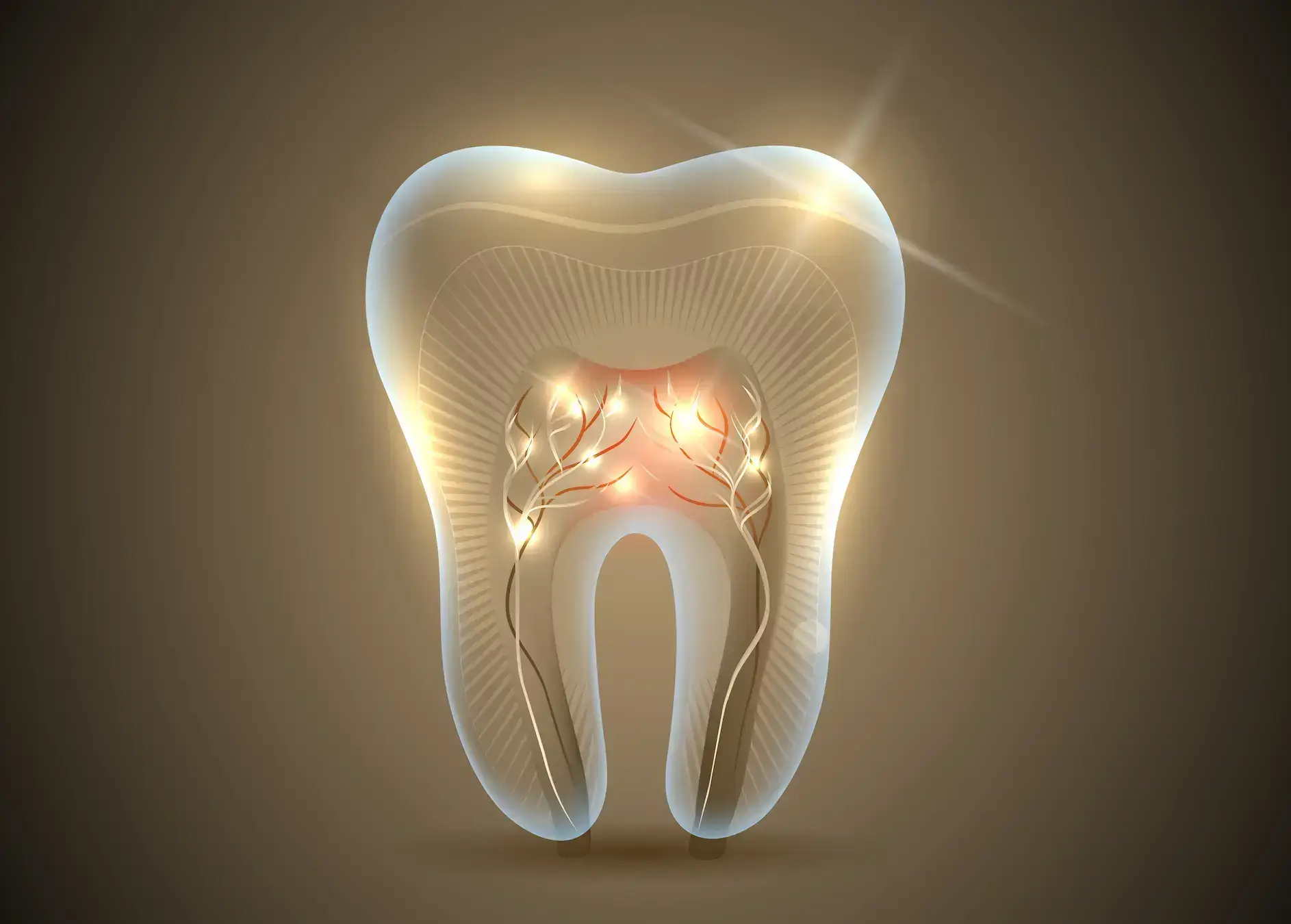
Researchers Have Discovered A Way To Regrow Teeth
Imagine a world where losing a tooth is no big deal because your body can just grow a new one!
By: Michelle | Birds Advice
Picture this: a world where losing a tooth isn’t a big deal because your body could simply grow a new one. Thanks to a recent scientific discovery, that could become a reality. Researchers have found an antibody that can help regrow missing teeth by blocking a gene called USAG-1. This gene normally holds back certain growth factors, but with it out of the way, your body could get to work on producing a fresh new set of teeth.
It’s still early days, but this breakthrough could completely change how we deal with tooth loss in the future, making dentures and implants a thing of the past.
Breakthrough In Tooth Growth
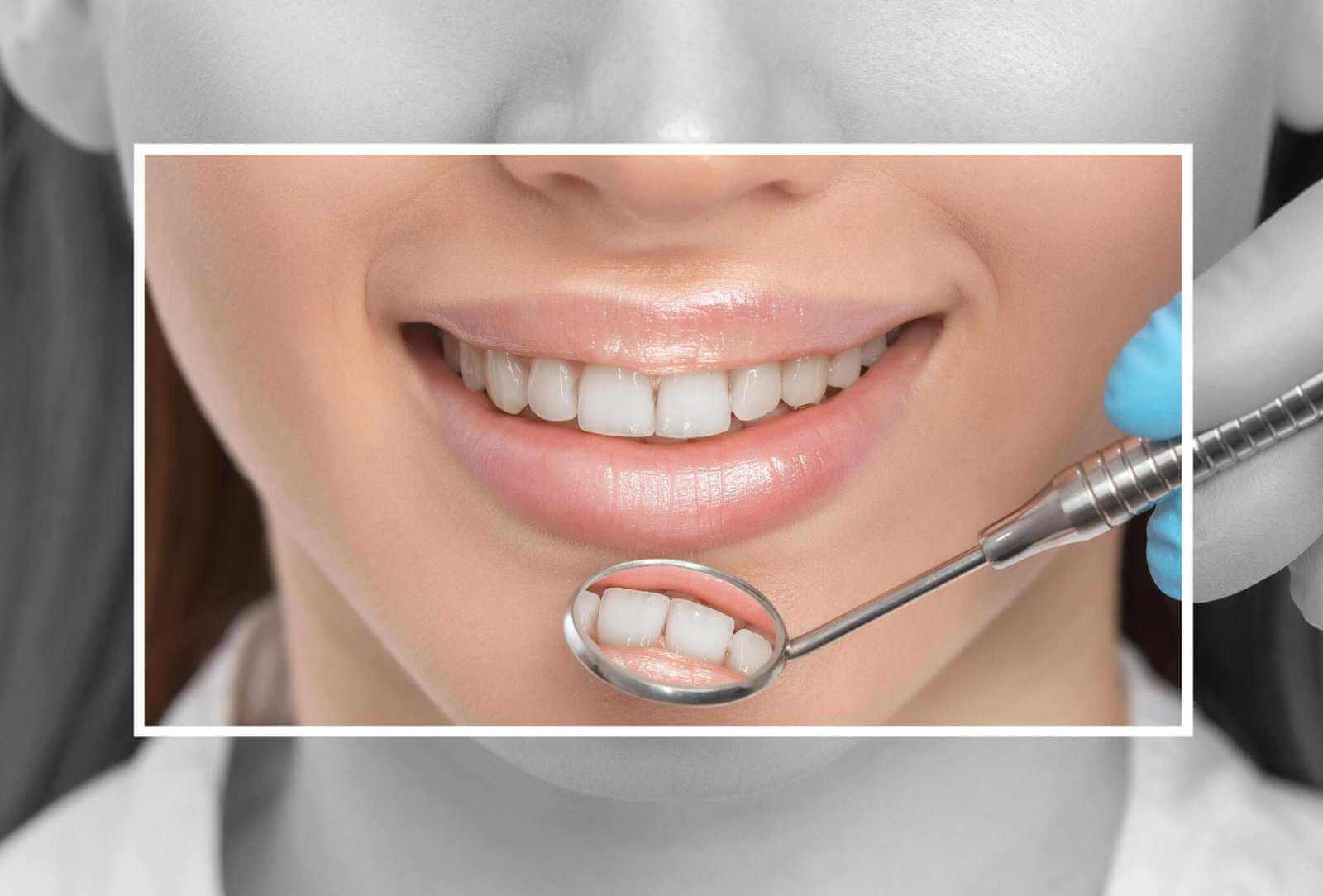
In a fascinating study published in Science Advances, a group of scientists explored how to trigger tooth growth using genetically modified mice. These mice had a condition called tooth agenesis, where some teeth just never form. But when the scientists injected pregnant mice with the USAG-1 antibody, something amazing happened: their offspring developed normal, healthy teeth.
Even more impressive, a single dose of the antibody caused regular mice to grow an entirely new tooth! This experiment showed just how powerful the antibody could be in encouraging tooth growth—at least in mice.
Unlocking The Secret To Tooth Growth
The scientists zeroed in on the USAG-1 gene because it’s known to hold back two important molecules—BMP and Wnt—that play a big role in tooth development. The tricky part is that these molecules also help regulate the growth of other organs, so messing with them could cause serious side effects.
To get around this, the researchers tested different antibodies to see how they interacted with USAG-1, BMP, and Wnt. Some of the antibodies led to birth defects, but the team finally found one that blocked USAG-1’s connection with BMP without messing with Wnt. This was the key to safely triggering tooth growth without harming anything else.
Successful Results without Side Effects
Once the team found the right antibody, they were able to trigger tooth growth in mice without any nasty side effects. The antibody worked by blocking USAG-1, which usually stops BMP from doing its job. By reducing USAG-1’s interference, BMP was able to do what it does best—promote tooth development.
The study’s lead author, Katsu Takahashi, explained that while they knew suppressing USAG-1 could help teeth grow, they weren’t sure if it would be enough on its own. The experiment proved that boosting BMP levels was all it took to stimulate new tooth growth.
Testing The Antibody On Ferrets
To take things a step further, the scientists tested the antibody on ferrets. Ferrets have teeth that are similar to humans—they start with baby teeth that later get replaced by adult teeth. The exciting part? Just one injection of the antibody caused a whole new tooth to grow.
While this is a big deal, we’re still far from testing this on people. The next step is trying it on animals like pigs and dogs, which are even more similar to humans.
Bringing The Discovery Closer To Humans
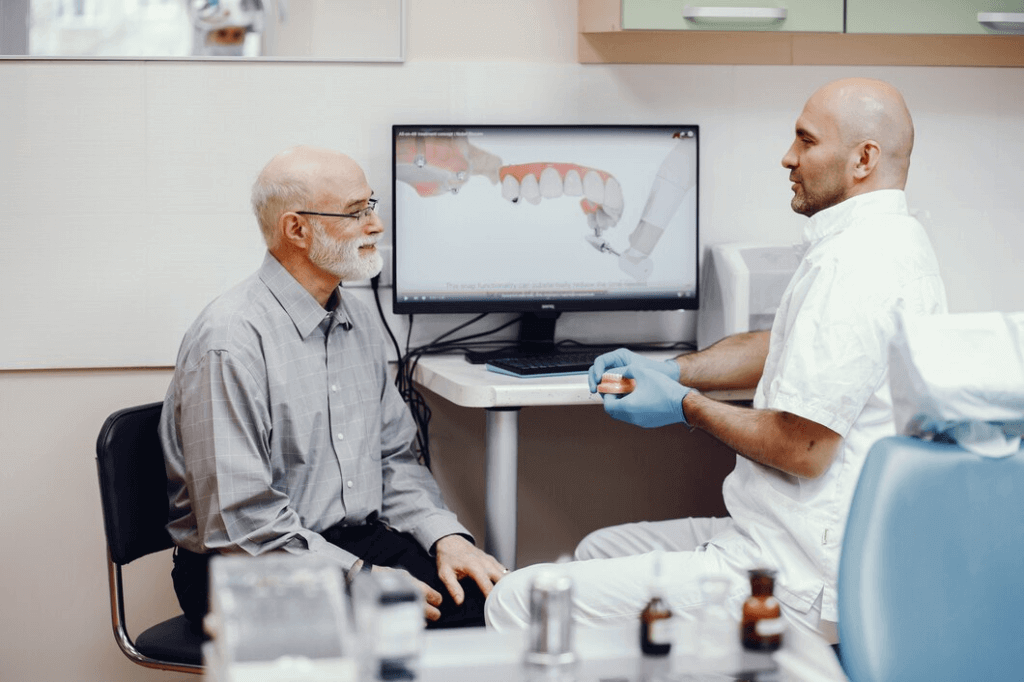
The research team is optimistic, but they know it’s a long road before this can be tested on humans. Even though the results in mice and ferrets were promising, there’s still a lot to figure out. For starters, they need to make sure the antibody won’t cause any unwanted side effects in larger animals like pigs and dogs, which are closer to humans in how their bodies work.
Another big challenge is figuring out how to safely apply this method in people. USAG-1 doesn’t just affect teeth—it plays a role in the growth of other organs too. So, the researchers need to be extra careful to avoid any unexpected problems down the line.
Fine-Tuning The Antibody Treatment
One of the researchers’ key goals moving forward is to refine how this antibody works. They need to ensure it only triggers the growth of a single tooth without affecting the surrounding teeth or tissue. It’s all about precision—making sure the treatment is targeted and controlled.
As exciting as the discovery is, the team is still working out the details on how to consistently achieve the desired results without causing any unintended effects. They want to make sure that when the treatment is ready, it’s safe, reliable, and works exactly as expected.
What This Means for The Future of Dental Care
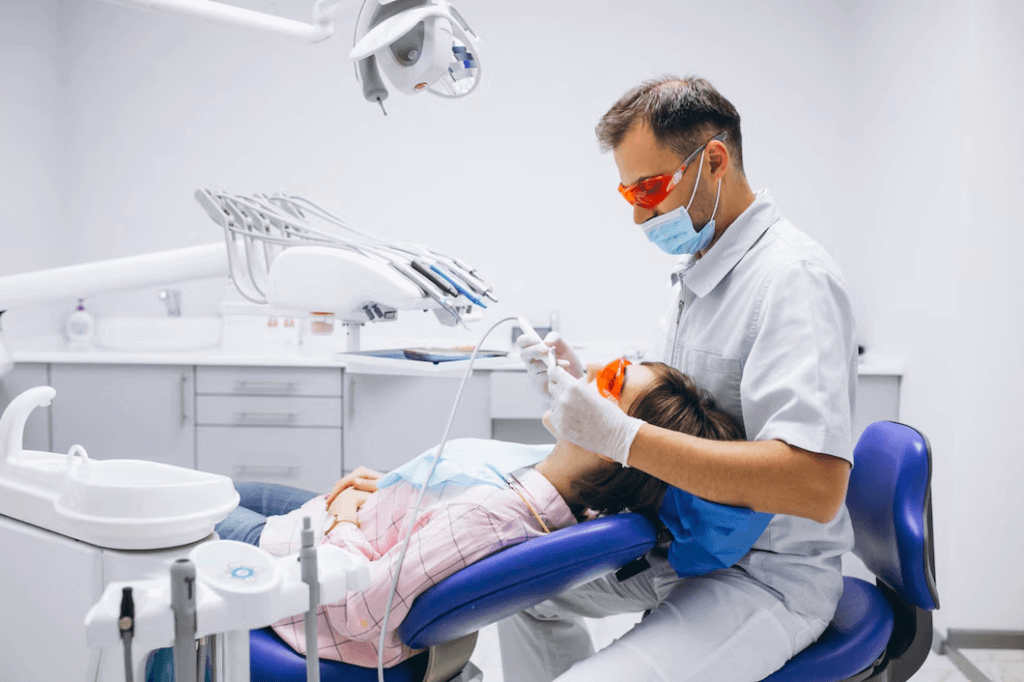
This discovery could completely change the way we think about tooth loss. Instead of turning to dentures, implants, or other artificial fixes, we might be able to regrow our own teeth naturally with some scientific help. Imagine going to the dentist not for replacements, but for a treatment that jump-starts your body’s own ability to create a new tooth!
Although this breakthrough is still in the early stages, the potential is incredible. If this method can be perfected, it could give people a natural, long-term solution to tooth loss caused by aging, injury, or even disease. It’s an exciting step forward in dental care, and it could mean a future where losing a tooth doesn’t have to be permanent.
A Promising Future For Dental Care
The discovery of the USAG-1 antibody offers a glimpse into what could be the future of dental care. By encouraging natural tooth regrowth, this breakthrough could make common solutions like dentures and implants unnecessary. While it’s still in the early stages, the potential for this treatment is massive, and it could change how we approach tooth loss entirely.
Of course, there’s still a long way to go. More research is needed to ensure this treatment is safe for humans, and scientists are working hard to test it on larger animals to fine-tune the process. If successful, this could pave the way for new dental treatments that help people regrow their own teeth—revolutionizing how we deal with aging, injury, or disease-related tooth loss.
* * *
NEXT UP!
How Often Should You Replace Your Toothbrush?
Replacing your toothbrush is one of the simplest tasks you can do to maintain good dental health, but many of us still don’t do it as often as we should.
So how often should you replace yours? It depends on the type of toothbrush you use.
Replacing a Manual vs. Electric Toothbrush
If you brush with a manual toothbrush twice a day for 2 minutes as recommended, pretty much every dentist and the American Dental Association (ADA) say you need to replace your toothbrush every three to four months.
* * *
READ MORE: Can A Dental Infection Cause A Massive Heart Attack?
Read more on Dental Care: How To Treat Periodontitis With Diet
Telegram: Stay connected and get the latest updates by following us on Telegram!
We’d love to hear from you! If you have a comment about this article or if you have a tip for a future Collective Spark Story please let us know below in the comment section.

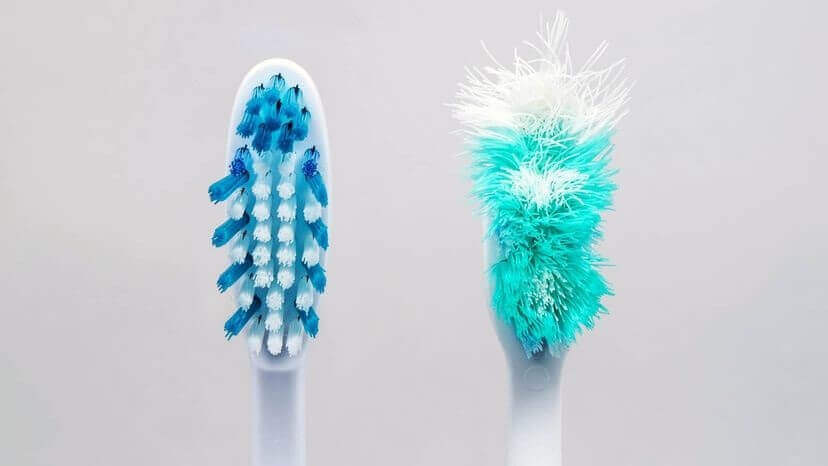
Could a new antibody that regrows teeth make dentures and implants obsolete?